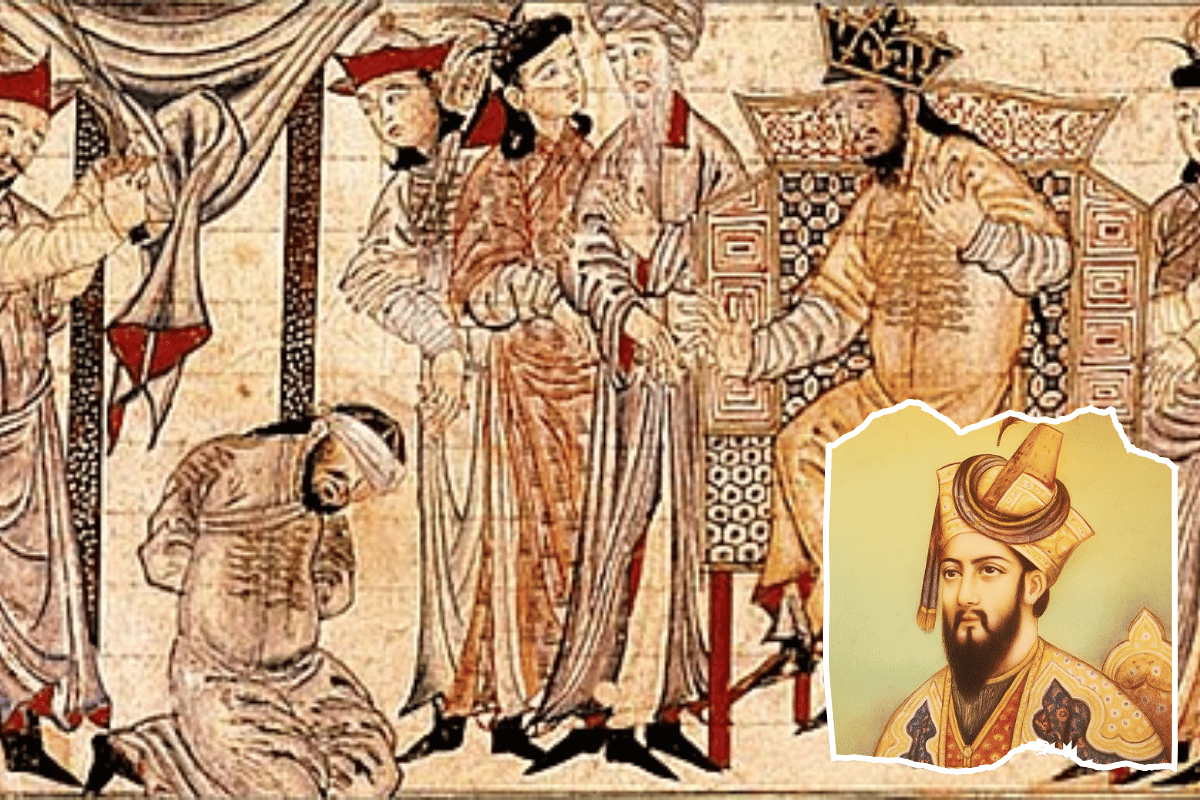
In June and July 2022, the BBC carried a flurry of articles on Nupur Sharma’s comments on a televised debate. The debate had caused an uproar with Islamist groups.
INSIGHT UK has seen the debate and can confirm Nupur Sharma only said what is mentioned in Islamic texts. She was replying to a Muslim man who was mocking Hinduism during the debate.

Rather than cover this angle and required context, the BBC articles instead took a very selective approach in their reporting. On the one hand, the BBC is given FCDO money to “uphold democracy”, but on the other side, their articles appear to condemn Nupur Sharma for her free speech rather than supporting her.
The BBC failed to cover the immense support Nupur Sharma received, with one online petition receiving over 200,000 signatures.
Some BBC articles claimed Nupur Sharma had damaged India’s relationship with Gulf countries. However, it failed to mention that Kuwait, a Gulf and Muslim country, had actually deported Indian Muslims who protested against Nupur Sharma.
After the event there were incidents of Indians being attacked and killed, but not all were covered on the BBC.
In at least two articles, the BBC spoke of Mohammed Zubair, the man who edited the video of Nupur Sharma and spread it on X (formerly Twitter). In both it claims he is a journalist and fact-checker, with one article saying he is a “leading fact-checker”.
On the face of it, it appears that the BBC wanted to make Zubair appear like a credible source of information. But his so-called fact checking site has been questioned multiple times.
The BBC also failed to acknowledge that he has previously been accused of online harassment, doxing and trolling Hindu women. Zubair deleted his Facebook account after he was found making hate speeches against the Hindu religion.
It seems bizarre that the BBC would rely on such a person, with a questionable background, as a trustworthy and reliable source, and then use his edited clip of a factual statement to produce a number of articles arguing Sharma’s comments are bad for India.
Anand Ranganathan, an author and news editor, pointed out that Taslim Rehmani, the Muslim man who provoked Nupur Sharma by mocking Hinduism, is still safe and able to walk freely in India, but Nupur Sharma is not.
These articles and narratives by the BBC not only highlight any offence to Islam in great light, but they back it up with further headlines like “Why does depicting the Prophet Muhammad cause offence?”.
As a comparison, a Maldives minister, Mariyam Shiuna made extremely hateful comments against Hindus and Indians. At the time of writing this report the BBC had not covered the event despite it being headline news across India.
There is no focus on hate speeches against Hinduism in India and how this is offensive and inciteful. The BBC itself titled a headline stating “Jai Shri Ram: The Hindu chant that became a murder cry”, a disgusting attempt to draw parallels with a prayer that hundreds of millions of Hindus do every day with murder.
Would an article titled ‘Allahu Akbar: The Muslim chant that became a murder cry’, have similarly been approved? Probably not.
The lack of fair balanced reporting by the BBC is further highlighted by their lack of coverage of Muslims that came out in support of Nupur Sharma. They were harassed or assaulted for supporting her, but the BBC did not cover this angle.
Pakistani Islamic scholar, Muhammad Ali Mirza, said the first culprit is Taslim Rehmani, the Muslim man who first mocked the Hindu religion in the debate with Nupur Sharma.
References for this article can be found in the full report.
Download full report








